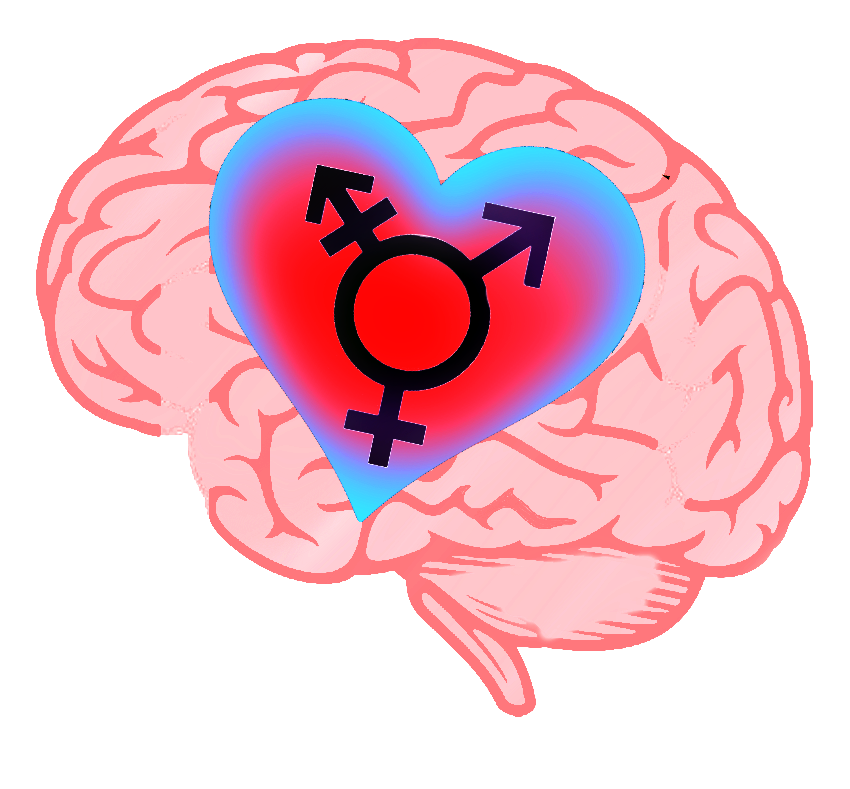
A new Yale study indicates that hormone therapy leads to significant improvements in mental health for many transgender individuals.
The report, published in the premier issue of the journal Transgender Health, is a systemic review — a compilation of multiple studies with data on the mental health effects of hormone therapy in transgender patients, said Jaclyn White Hughto SPH ’20, doctoral student at the Yale School of Public Health and lead author of the paper. Hughto chose three studies with data on the mental health and quality of life of 247 transgender participants. Each study met a set of criteria Hughto decided upon, one requirement being that the research was longitudinal and focused on the isolated effects of hormone therapy.
“Systemic reviews really help complete existing literature, to prove if something is either good or bad or null,” Hughto said. “We looked at six different psychological outcomes and how they were effected by hormone therapy. My goal was to select the most sound studies that report on those outcomes.”
The work arose from an assignment in the YSPH class “Evidence Based Medicine and Health Care,” in which Hughto was a student, said Michael Bracken, epidemiology professor at the School of Public Health who taught the class. The students were tasked with completing a systemic review of their choice, and Hughto, who was already working in the field of health care for the LGBT community, chose to study the effects of hormone therapy on various key indicators of mental health in transgender individuals, including depression, anxiety and the World Health Organization’s standard measures for “quality of life.”
The research is a part of the inaugural issue of Transgender Health. Robert Garofalo, the editor-in-chief of the journal, said he hopes the journal will bring increased academic attention to the issues facing transgender individuals. The low number of studies Hughto found which fit her criterion is not unusual. There is a pronounced lack of published literature on the mental health issues specific to transgender individuals, and very little research has been done in the United States, Garofalo said.
“Research like this takes an important first step in getting health care providers to firmly believe that by providing hormone therapy to transgender individuals we can improve their health outcomes,” Garofalo said. “We’re really at a tipping point in this country where issues related to the health of transgender individuals are becoming more mainstream, and more accepted within health care systems.”
As America becomes more invested in devoting academic attention to the unique issues faced by transgender individuals, researchers across the country are conducting more studies to fill in data and research gaps that Hughto’s paper revealed. Hughto described her research as an ongoing project, stating that even five years from now the review would have to be updated with the data from studies that are currently underway. Garofalo himself is involved in research on the topic funded by a National Institutes of Health grant, the first of its kind, to study the effects of hormone therapy and puberty blockers for transgender individuals nationwide.
Hughto and Garofalo agreed that there are changes to be made in the health care system to better accommodate the transgender community. Garofalo said transgender individuals should not have to travel far distances to specialized centers or clinics to get the health care they need. They should be able to get care in their own communities, he added. Hughto is currently involved in a project aiming to improve the health care experiences of transgender individuals in correctional facilities.
According to the DC Center for the LGBT community, on average, 50 percent of the transgender community suffers from mental health issues compared to 5 percent of the LGB community and 2 percent of the heterosexual population.







